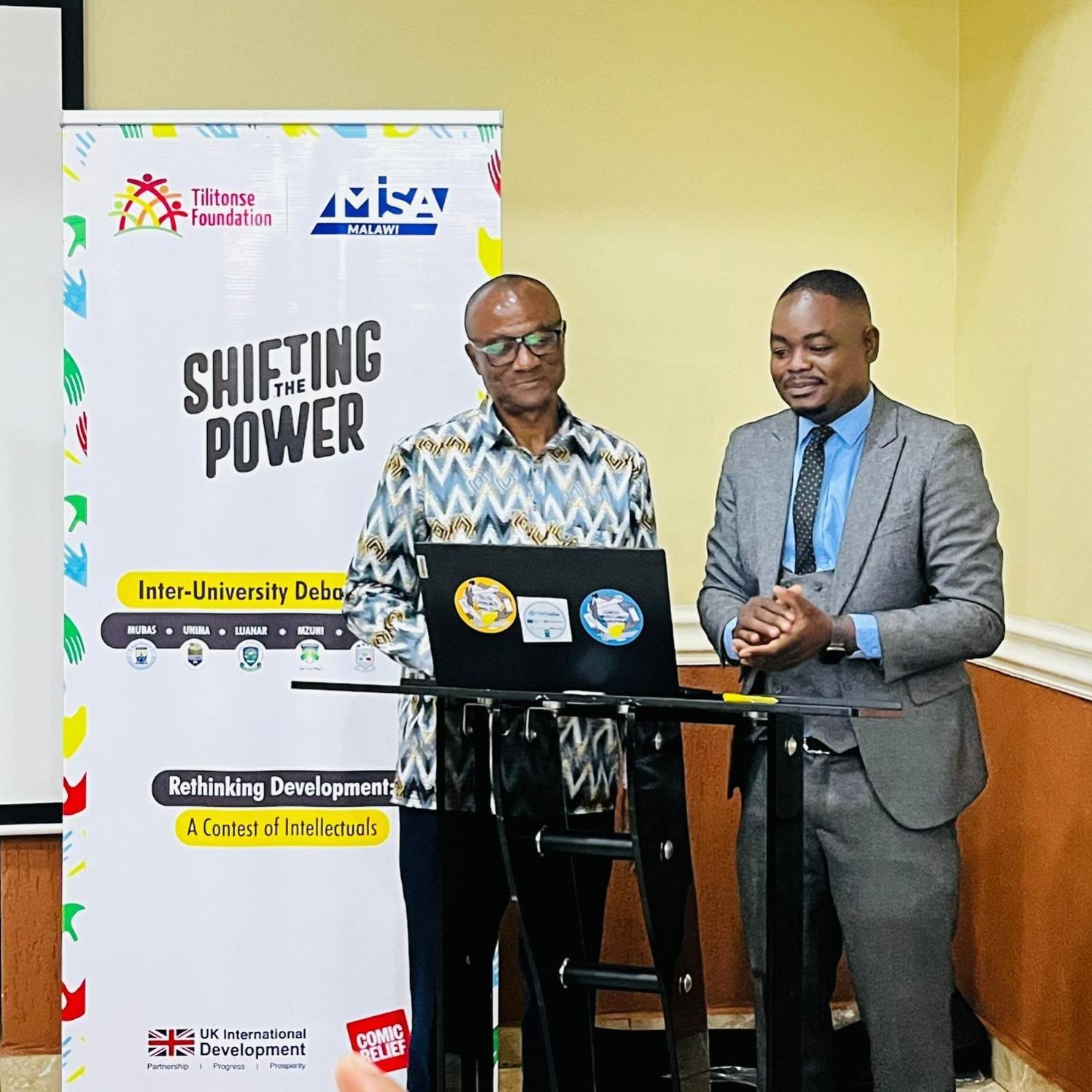The continued revocation of broadcasting licences by the Malawi Communications Regulatory Authority (MACRA) under the current political administration is washing away the media and democratic gains of the past 29 years.
Two notices of enforcement action against non-compliant communication licencees that MACRA released on July 14 and 19, 2022 show that, in total, licences for 23 radio stations and six television stations may be revoked by the end of 2022.
Since June 2022, MACRA has revoked licences of three television stations and six radio stations over delays to pay annual licence fees. The stations include Rainbow Television, Angaliba Television, Ufulu Television, Angaliba FM, Capital Radio, Sapitwa FM, Joy Radio, Ufulu FM and Galaxy FM.
Media houses’ efforts this far
The issues that are leading to the revocation of licences are not new. Past administrations did not close down stations for delaying to pay license fees. We believe the decision not to close down stations was due to respect for fundamental rights including media freedom, access to information and economic rights of hundreds of Malawians employed by the affected media outlets.
Through several platforms and engagements, broadcasters have raised concerns about high annual fees that they have to pay to MACRA, the fees being pegged in US dollars, other monthly fees that they have to pay to MTL and MBDNL and the fact that business has generally not been smooth in the last few years due to the Covid-19 pandemic and the general poor performance of the economy.
Despite the engagements, MACRA, whose regulatory mandate also includes creating a favourable environment for the growth of the sector, has not done anything to address such concerns. Despite MACRA’s inaction, broadcasters made efforts to pay in instalments, but MACRA went ahead to revoke licences even where the final payments had already been made. This leaves us with questions on MACRA’s real intentions.
Loss of Jobs
Over 250 full-time and part-time media practitioners and support staff have lost jobs at the stations whose licences have been revoked; Rainbow Television (70), Ufulu FM (34), Joy Radio (40), Capital Radio (45) and others coming from Sapitwa FM, Galaxy and Angaliba.
This is happening at a time the Chakwera administration is championing an agenda of job creation and preserving the available ones through the Ministry of Labour, which has unfortunately remained silent on the issue.
This is also happening when companies are trying to rebuild following a devastating Covid-19 pandemic during which many businesses, including the media, were affected. Businesses have also been struggling to survive the economic difficulties that the country is going through, which evidently led to the devaluation of the kwacha with a historically high percentage of 25%.
Is MACRA creating space for other broadcasters and killing competition?
On July 2, 2022, MACRA issued a communication suspending the issuance of broadcasting licences and broadcasting frequencies due to saturation of the FM band. At the same time, MACRA has gone on a licence revocation spree on the basis of delayed payment of license fees, even refusing to accept funds that have already been paid. It is easy to construe the revocations as an attempt by MACRA to create space for new stations.
MISA Malawi worries that where that happens, MACRA’s objectivity in issuing licences that would be critical of the current administration becomes uncertain. The media diversity & pluralism that the country has enjoyed before the current administration came into office is now under threat.
Malawi’s International Rankings
Malawi’s Media Freedom ranking by Reporters Without Boarders has already declined for the year 2020. Malawi, which last year recorded a rise in the rankings – thanks to the enactment of its access to information law – recorded a decline from 62 to 80 out of the 180 countries that were assessed.
The closure of radio and television station threatens to lead to a further decline in the ranking and put a dent on President Chakwera’s administration, especially when looked at from the lens of the campaign promises and the circumstances that led to President Chakwera’s election.
MISA Malawi’s Recommendations
MISA Malawi respects MACRA’s statutory mandate and broadcasters’ obligations under the Communications Act and other relevant laws of Malawi.
However, the closure of broadcasting houses is threatening the broadcasting and democratic gains that the country has made since the reintroduction of multiparty system in 1993.
Malawi has been a model country on pluralism and diversity in the broadcasting sector but all that is being eroded.
We cannot underestimate the impact of these revocations on access to information for Malawians, media freedom and the economic well-being of those people losing jobs in the closed stations.
MISA Malawi therefore reiterates its recommendation for a win-win situation for MACRA, broadcasters and citizens. We would like to ask MACRA, again, to reverse the decisions being made as they are not only retrogressive but are systematically killing the democracy that we have struggled to grow.
We recommend a measured approach considering the fact that the affected media houses already started clearing their outstanding arrears. Revocation of a licence is too drastic and reactive. There is need for a holistic and proactive approach to ensure that the media survives post the Covid-19 pandemic.
We again reiterate our call for more dialogue and progressive approaches on how the stations can settle the accumulated licence fees while operating and providing platforms for democratic discourse.
Way forward
MISA Malawi will be making further communication to the membership on these matters.
For media interviews, please contact MISA Malawi Vice Chairperson Mandy Pondani on 0999537972.
For feedback
MISA Malawi Chairperson Teresa Ndanga
Cell: +265 999 247 911 or email teresa.temweka@gmail.com
MISA Malawi National Director Aubrey Chikungwa
Cell: +265 999 327 311 or email info@misamalawi.org









